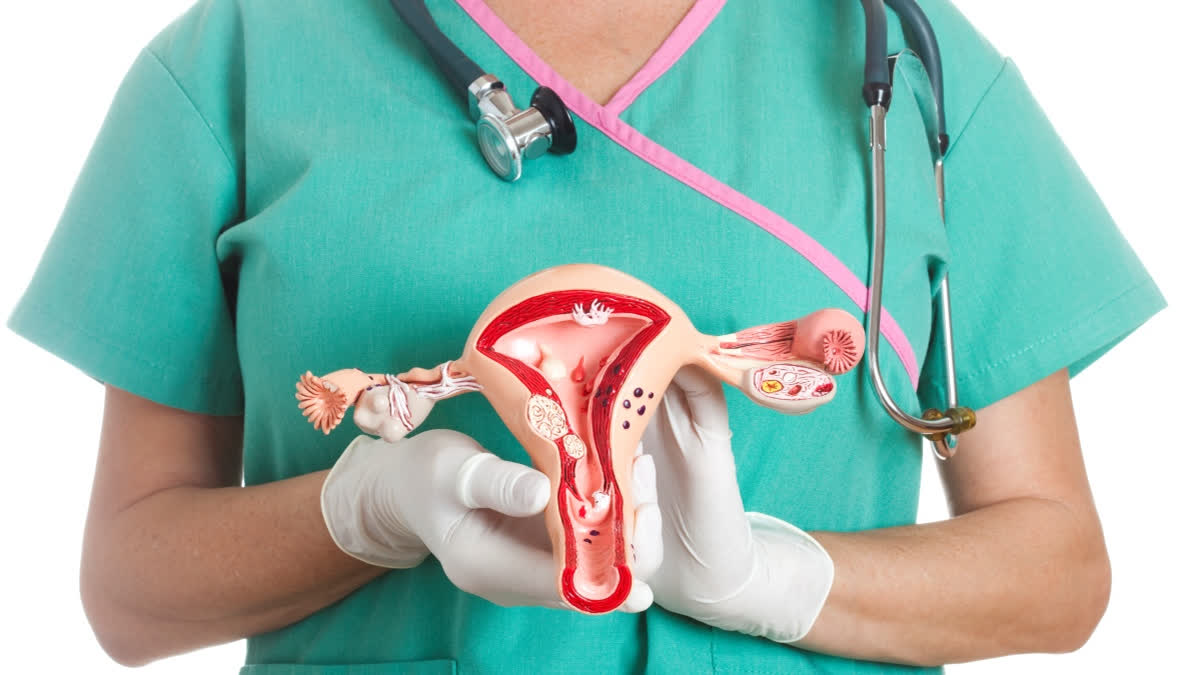Cervical cancer is the second most common cancer among women in India, contributing to one-fifth of the global burden. Many misconceptions surround this disease and its cause, the Human Papillomavirus (HPV). While many believe that HPV is rare, Dr. Madhulika Singh, IVF Specialist at Birla Fertility and IVF in Prayagraj clears that it is a very common virus that infects the majority of the population at some point in their lives.
"While only a small percentage of infections lead to cervical cancer, a vast majority of people contract HPV at some point," says Dr. Singh. She adds that persistent infection with certain high-risk strains is the key factor in developing cervical cancer. This reinforces the importance of understanding HPV and taking preventative measures.
Cervical cancer is not preventable
Many believe that cervical cancer is not preventable however, Dr. Singh assures that it is preventable and is best achieved through the immunisation of girls before they become sexually active. Therefore, the recommended age group for vaccination is 9-14 years for maximum benefit. "HPV vaccines target the high-risk HPV types responsible for most types of cervical cancers. The availability of vaccines like Cervarix, Gardasil, Gardasil 9, and the recently launched Indian vaccine Cervavac offer significant protection," confirms Dr. Singh.
HPV vaccines are only for young girls
The HPV vaccination is not just for young girls and has shown numerous benefits for a much wider age range. While it is most effective when administered to young girls, there are multiple age groups that can benefit from it. The secondary age group for HPV vaccination is even up to 45 years.
HPV vaccines are unsafe and have serious side effects
On the contrary, HPV vaccines are very safe and well-tolerated. Dr. Singh says that in case of any adverse events following, HPV vaccination, the symptoms are generally mild and for short duration. "With over 300 million doses administered globally, there have been no vaccine-related deaths, and the adverse effects are primarily mild. This is because the current HPV vaccines are based on virus-like particles (VLPs) and are not infectious since they lack the virus DNA and cannot cause HPV infection," she explains. Studies on large populations of women have not reported any effect on fertility, autoimmune, and neurological disorders either. Common side effects of the vaccine could include swelling, soreness, redness, itching, bruising, fever, dizziness, nausea, and fatigue. These side effects are mostly mild and subside on their own 3-5 days post-vaccination.
After vaccination, you need cervical cancer screening
Vaccination does not replace the need for regular screening, as the vaccine does not protect against all HPV types. Although screening for cervical cancer is not necessary to get vaccinated, there are some HPV strains are not yet covered by the vaccine. "Even after vaccination, regular cervical cancer screening, as per recommended guidelines, is essential for comprehensive protection," suggests Dr. Singh.
Should women who plan to have children get the HPV vaccine
This is a common misconception that women who plan to have children can and should get the HPV vaccine. While it is ideal to complete the vaccination course before becoming pregnant, it is not harmful for women planning families. "The recommendation to complete the series before pregnancy comes from limited data on vaccine use during pregnancy, not because the vaccine itself is unsafe for those planning families. If a woman becomes pregnant after starting the HPV vaccination series, the remaining doses are simply postponed until after delivery," clears the doctor.
Does HPV vaccine only protect against cervical cancer
While offering the best protection against cervical cancer, there are broader benefits of HPV vaccination too, especially its protective effect against other cancers in both men and women. "The HPV vaccine helps prevent HPV-related cancers in males, which include anal, penile, and oral cancer. Gardasil 9 and Cervavac are two vaccines that are currently licensed for use in males," she says.
Disclaimer: The information provided in this article is for general informational purposes only and is not intended as a substitute for professional medical advice, diagnosis, or treatment. Always seek the advice of your physician or other qualified healthcare provider with any questions you may have regarding a medical condition or treatment.
Read More:



